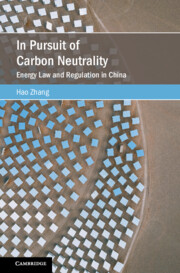Fears about the security of supplies have been central to debates about the development of an integrated EU energy policy over the past decade, leading to claims that energy has been ‘securitised’. Previous analyses have found, however, that although shared security concerns are frequently used as justification for further integration, they can also serve as a rationale for Member States to resist sharing sovereignty. Transcending this apparent paradox would require not just agreement about whether energy supplies are security concerns, but also agreement about what kind of security concern they are. In this article, we examine whether such an agreement could emerge through a comparative analysis of constructions of gas security in the UK and Poland. Utilising a framework that draws from both the philosophical and sociological wings of Securitisation Studies, we demonstrate that although gas has been elevated on the security agendas of both states, the specific logic of insecurity – securitisation or riskification – underpinning these constructions differs substantially, and is conditioned by distinct modes of governance in each Member State. This, we contend, limits the potential for further integration of EU energy policies in the context of the European Commission’s proposals for an ‘Energy Union’.


